- 4 Chords Families
While these are not the only chord families, these 4 are the main families that make up the diatonic series:
- Major 7th
- Symbols: M7, Ma7, Maj7, Δ7
- Dominant 7th
- Symbols: 7, dom7
- Minor 7th
- Symbols: m7, mi7, min7, -7
- Minor 7 Flat 5 or Half-Diminished
- Symbols: m7(b5), min7(b5), ø7
Next, it is important to understand their chord formulas based off the major scale:
- Maj7 = 1, 3, 5, 7
- dom7 = 1, 3, 5, b7
- min7 = 1, b3, 5, b7
- min7(b5) = 1, b3, b5, b7
Below is an example of how to construct the 4 major chord types based off C:

Diatonic Harmony
Knowing diatonic harmony, or major scale harmony, is paramount to being able to understand chords in a key and why all these chords are not simply “random.” Songwriters might also find this lesson particularly useful in being able to pick chords from the diatonic series to compose a chord progression.
Here is an example of the diatonic series in the key of C:

This sequence of chords will be true of any key:
- IMaj7, iimin7, iiimin7, IVMaj7, V7, vimin7, viimin7(b5).
For example, in the key of F (F, G, A, Bb, C, D, E):
- FMaj7, Gmin7, Amin7, Bbmin7, C7, Dmin7, Emin7(b5).
Another ex, in the key of D (D, E, F#, G, A, B, C#):
- Dmaj7, Emin7, F#min7, Gmaj7, A7, Bmin7, C#min7(b5).
(Note: Do you want to start learning more about jazz piano in a way that’s organized and structured? Are you looking for a starting point? If so, check out our FREE beginner guidebook to get the scoop!)
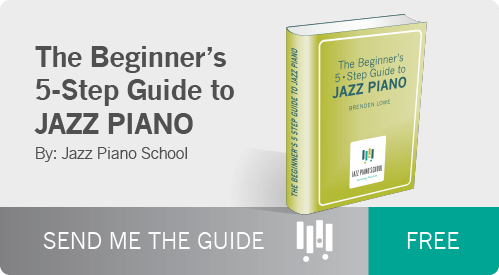
3) Church Modes
Using the diatonic sequence of chords, you can derive the church modes, which are the applicable scales for each chord:
- Ioanian, Dorian, Phrygian, Lydian, Mixolydian, Aeolian, Locrian
Here are the modes in C, in diatonic order:

** An easy mnemonic device to remember the diatonic order of the modes is:
- “I Don’t Play Lousy Music Any Longer”.
- I (Ionian) Don’t (Dorian) Play (Phrygian) Lousy (Lydian) Music (Mixolydian) Any (Aeolian) Longer (Locrian).
Let’s take a 2-5-1 in C Major: Dmin7 – G7 – Cmaj7.
A FAQ from beginning improvisers is “do I have to change scales for each chord?” The short answer is no – because the chords are all diatonic to C, you can use the C Major scale to improvise through all 3 chords.
But, in fact, yes – using our church modes, the applicable scales for each chord in that 2-5-1 would be D Dorian, G Mixolydian, and C Ionian. However it is important to keep in mind that this is simply a theoretical technicality – D Dorian, G Mixolydian, and C Ionian are all derivatives of the C Major Scale anyway, just starting on different notes, so whether or not to “change modes” for each chord is only a matter of nomenclature.

Understanding the 4 Chord Families, Diatonic Harmony, and the Church Modes I believe are 3 essential concepts in beginning to connect the dots and wrap your head around jazz theory. In Part 2 of this “Making Sense of Jazz Theory” series we will look at the importance of understanding Functioning Dominants and how that can lead to more advanced theoretical concepts or substitutions – such as: Altered Harmony, Tritone Substitution, Diminished as a 7b9, or Secondary Dominants.
Bijan Taghavi is a pianist, composer, and educator currently based in New York, NY. For more information visit: BijanJazz.com.
(Don’t forget to pick up your FREE guidebook to learning jazz piano. If you’re looking for where to start, look no further!)



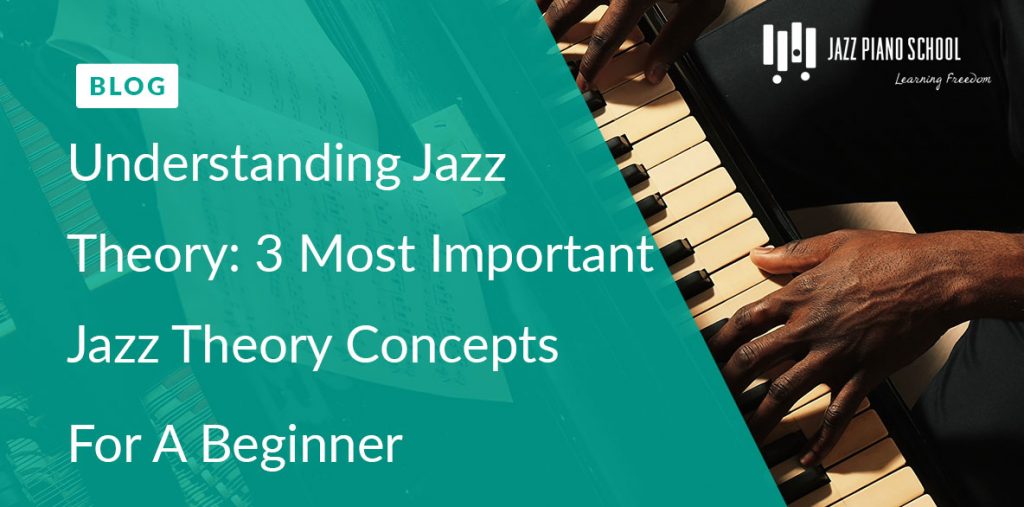

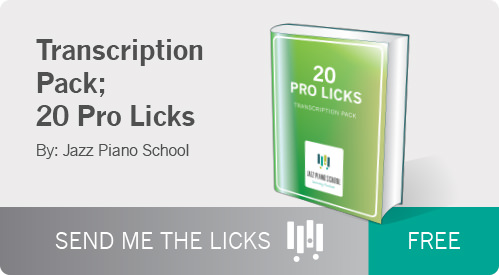
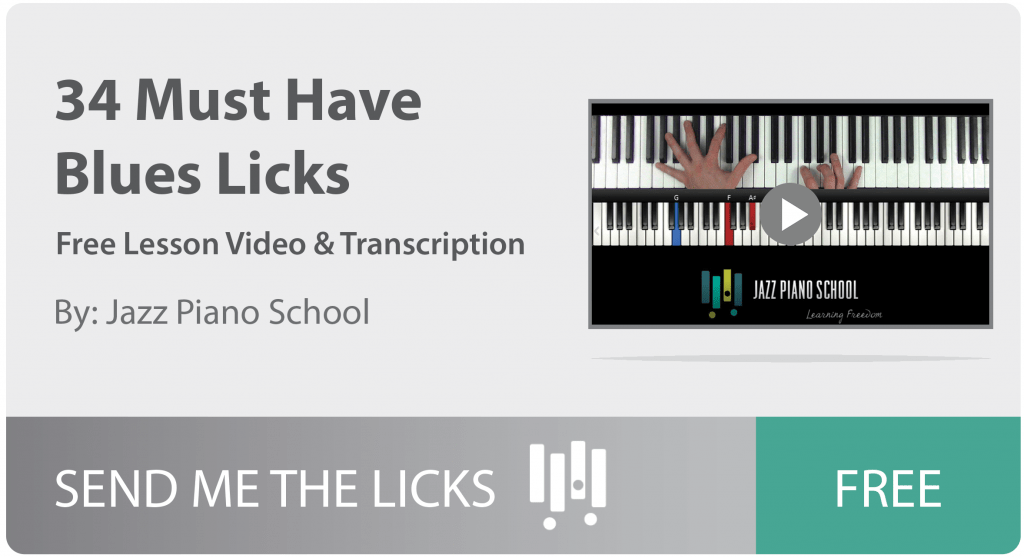

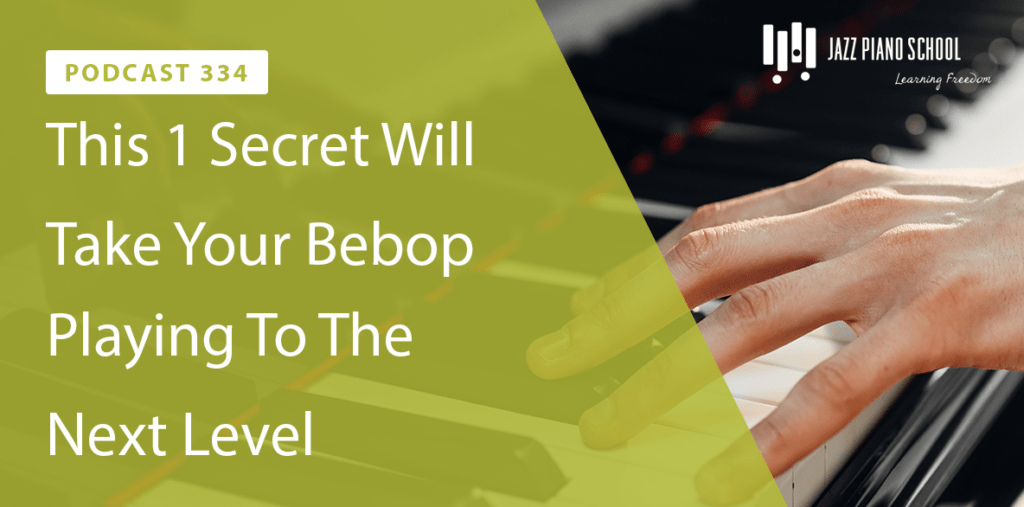

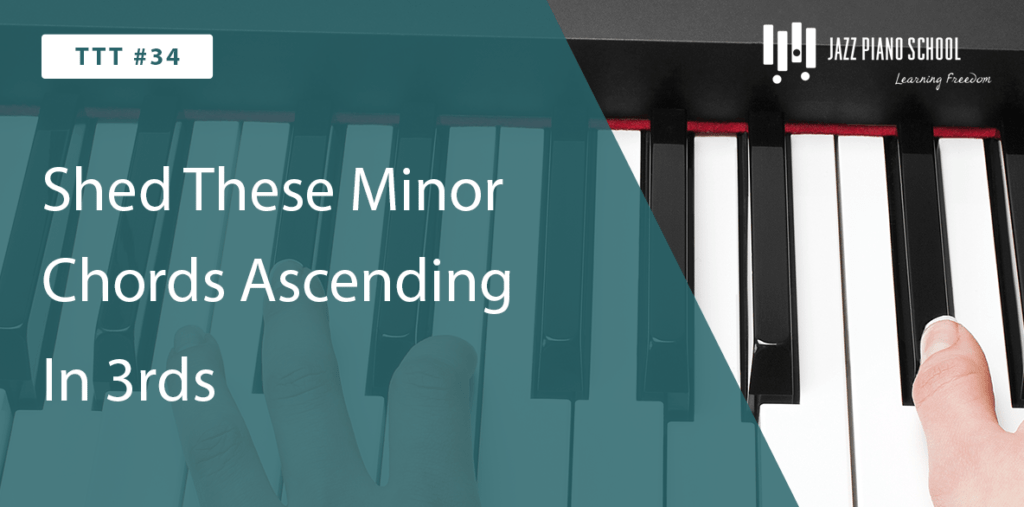
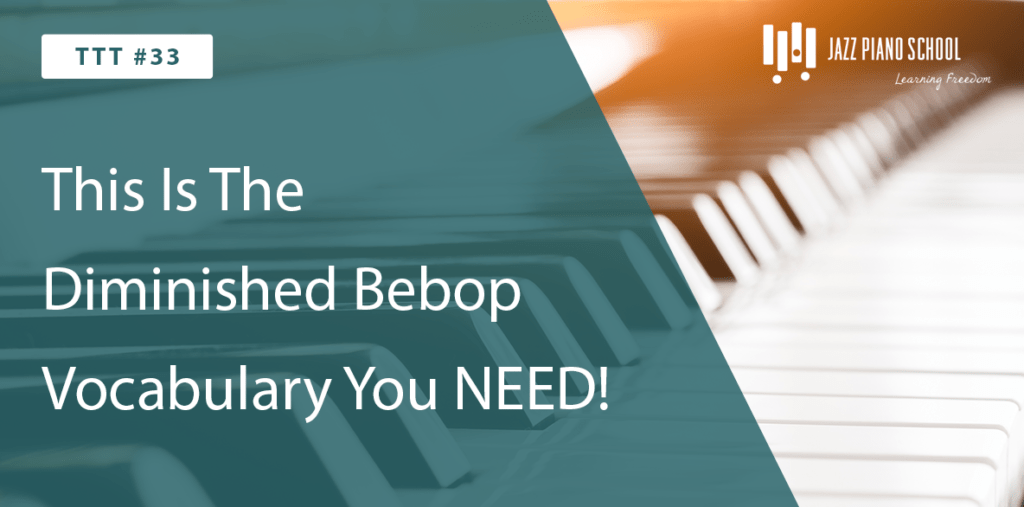
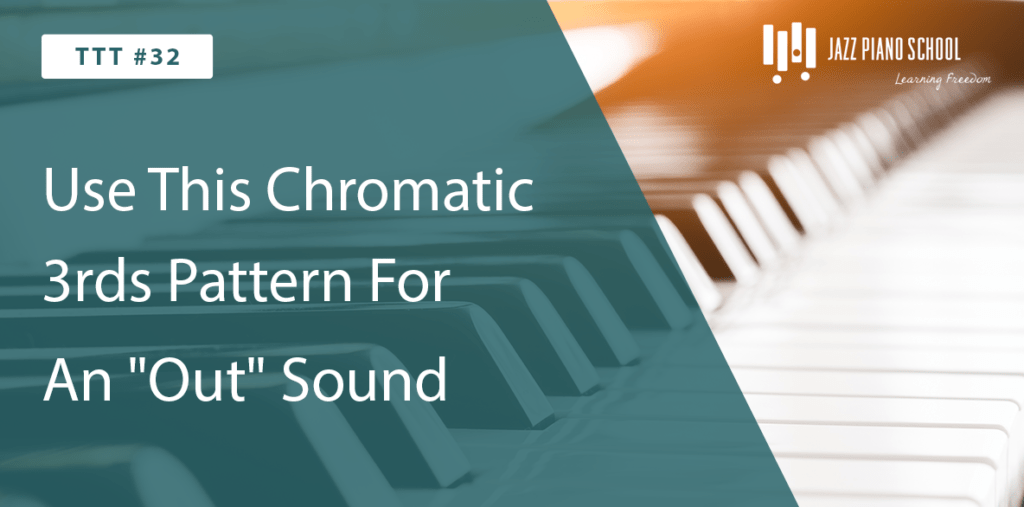


One Response
Perfect. I have never truly understood the 7th , Now I do. I have played for 40’years and no one has explained it better than this.
Thank you